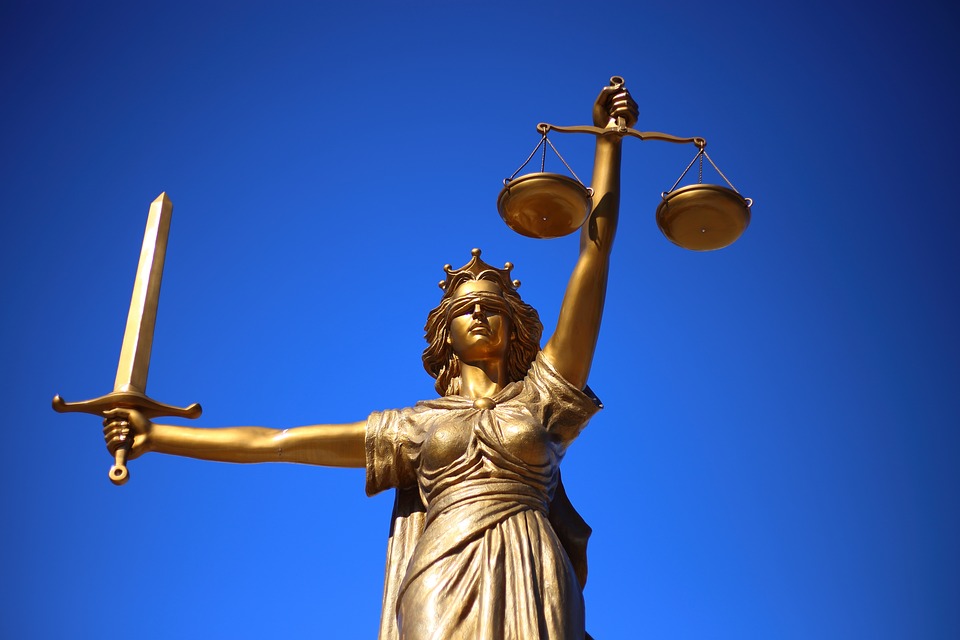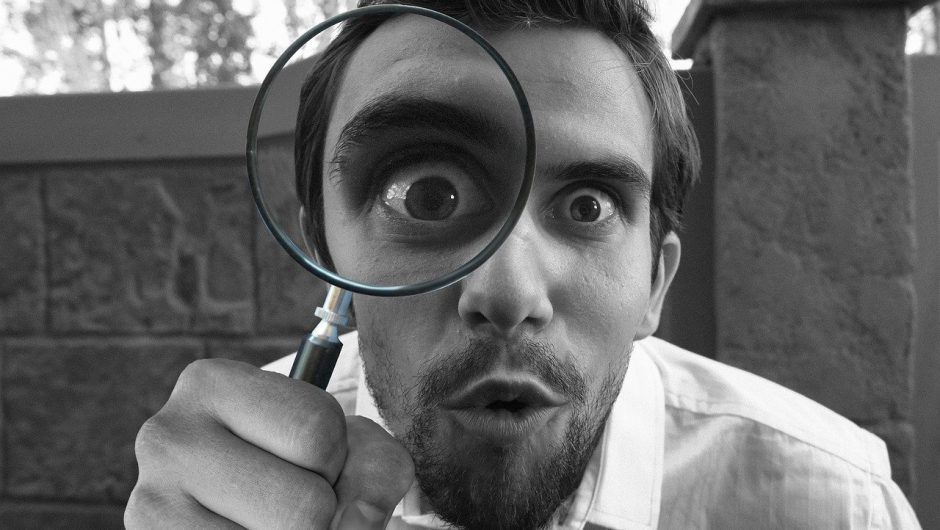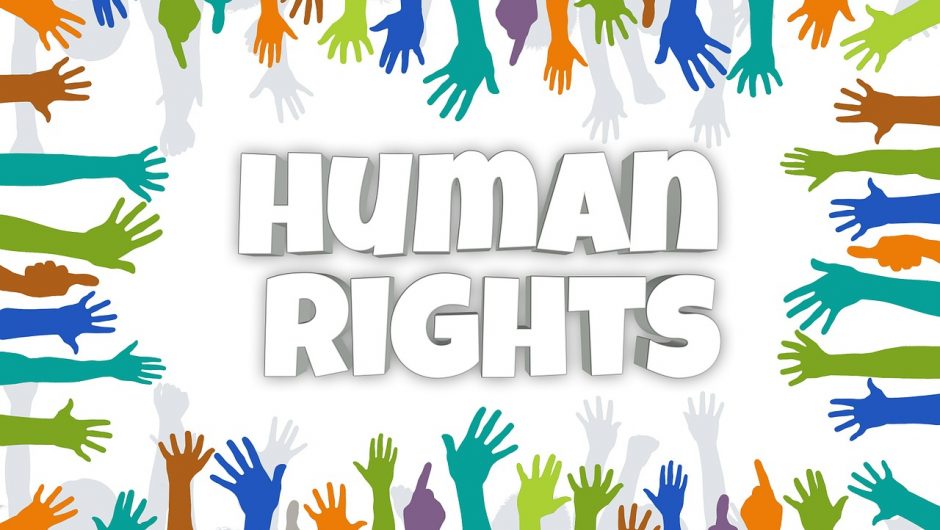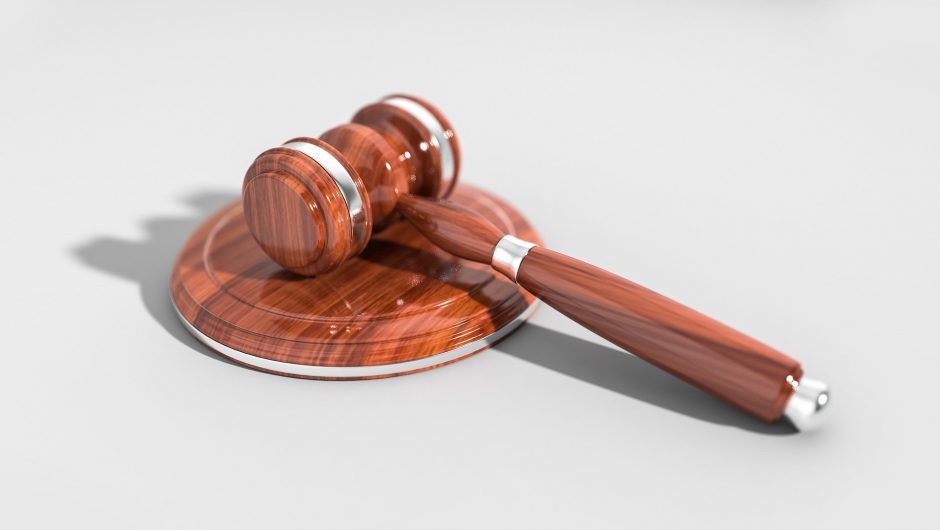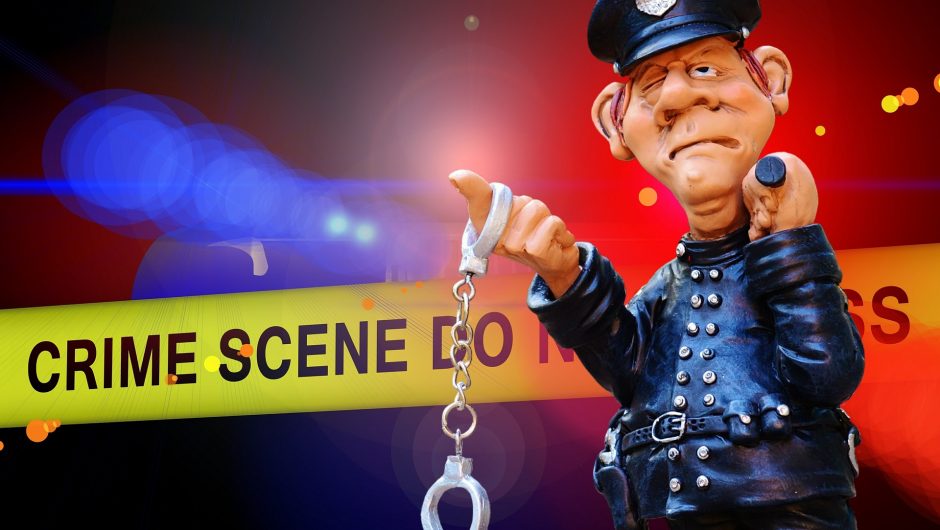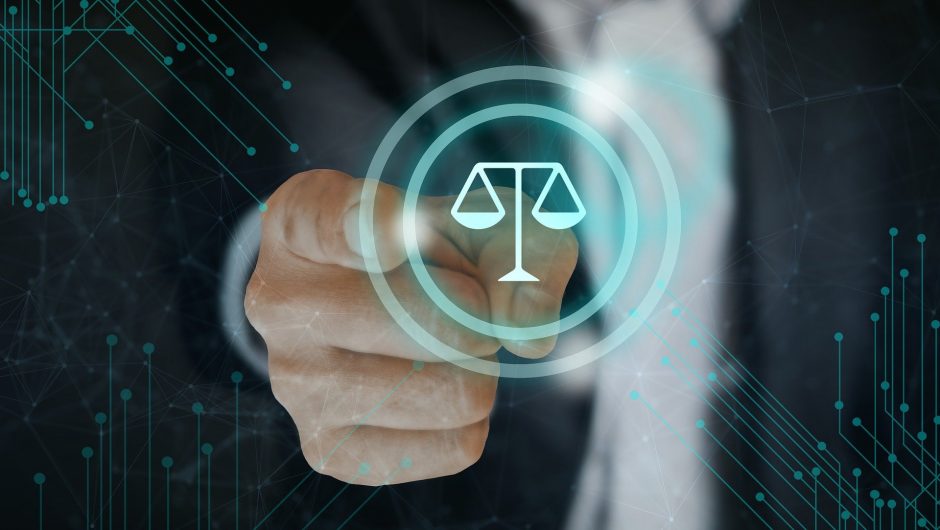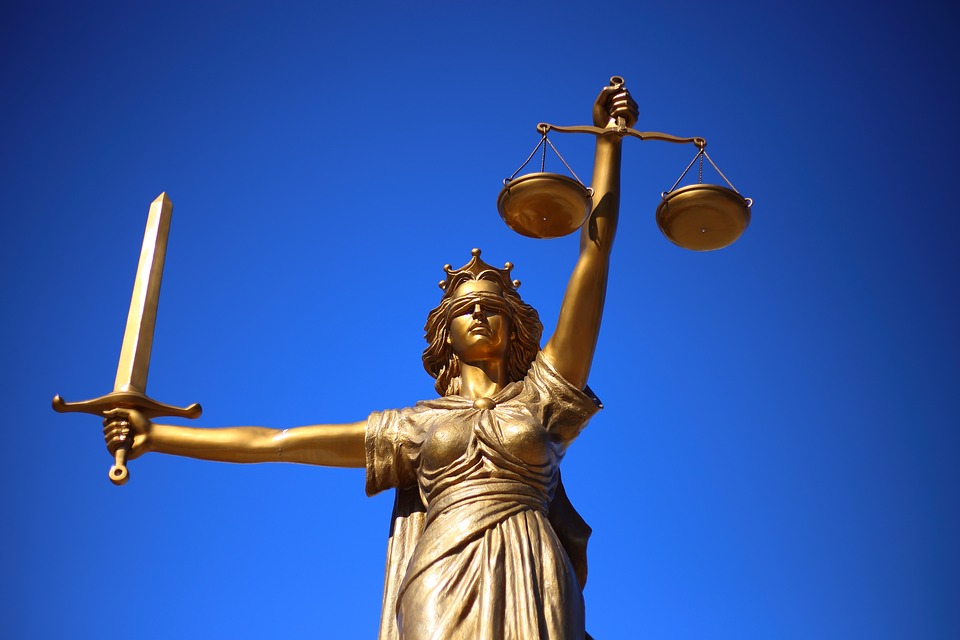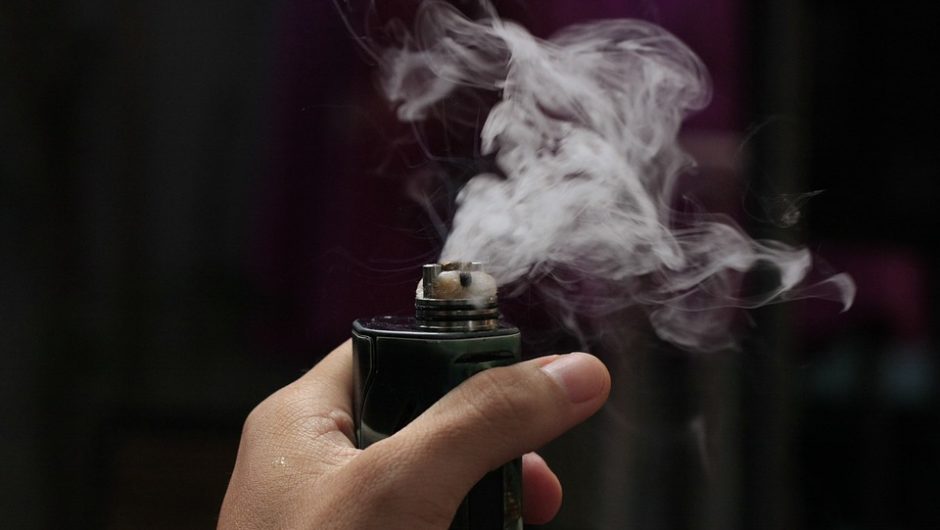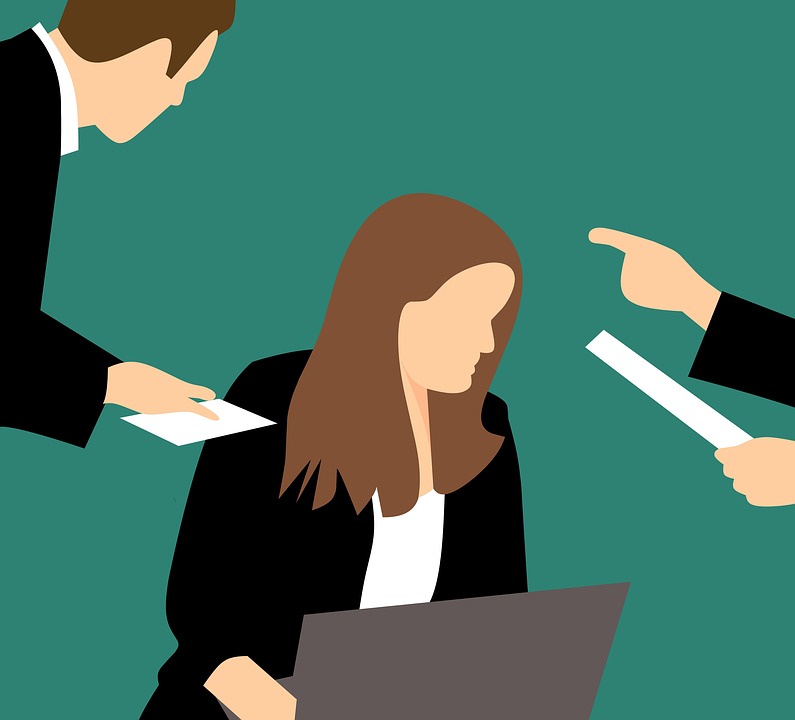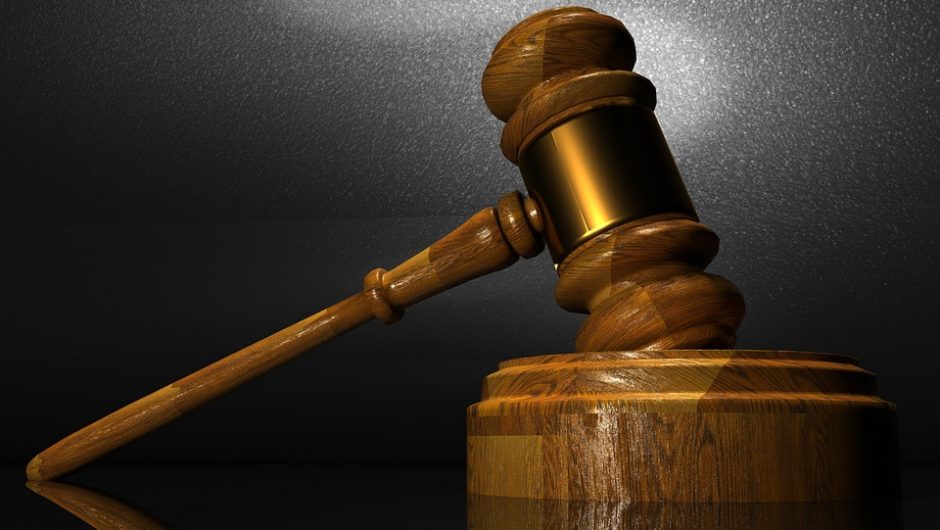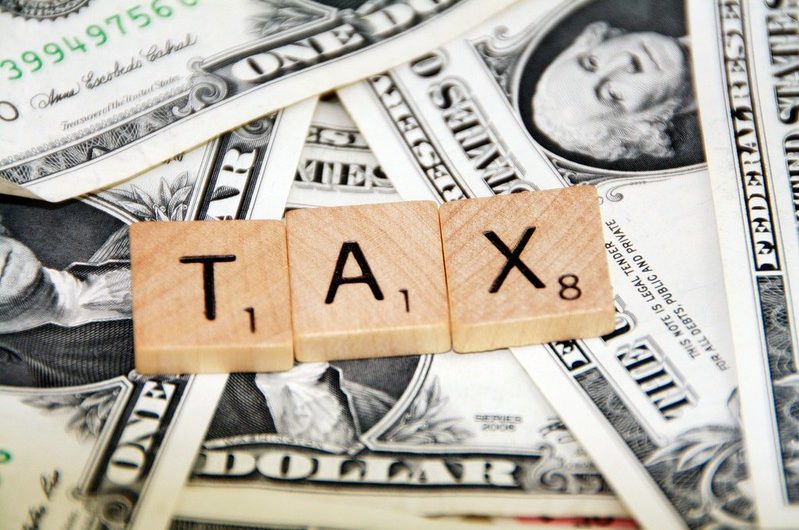If there is a subject that you are particularly passionate about and feel that changes to the law should be made you may feel strong enough to take to the streets and protest.
There are certainly enough issues in the world to generate that depth of feeling which results in you joining a protest group, but what are your rights when it comes to protesting, and how does COVID-19 impact your ability to demonstrate?
Understanding civil procedure rules would be a good idea if you want to make your voice heard without falling foul of the law.
The right to protest is a critical aspect of any democracy
It is fair to say that for any democracy to function healthily peaceful protests should be tolerated and are, in fact, a fundamental right that is the very core of the First Amendment.
Law enforcement procedures have been seen to vary widely according to each individual state’s interpretation of the laws and level of tolerance, especially in light of the restrictions imposed by COVID-19.
We have witnessed some police forces adopting a virtual zero-tolerance approach to protests and others setting up specific zones where free speech is tolerated.
Permission to protest
A common question to ask would be whether you need a permit to be able to take to the streets and protest and the answer to that question varies according to the circumstances.
Generally, you don’t need a permit to be able to march in the streets as long as you are not obstructing traffic or restricting the movement of other citizens who are not part of the protest.
If your rally is going to be large enough to block traffic or cause a street to be closed you may well need to obtain a permit.
There are obvious safety concerns surrounding the potential threat to health with so many people standing together in close proximity, creating a scenario where COVID-19 could be transmitted, but this alone is not a reason to deny your rights to protest.
It should be noted that a permit should not be denied simply because the topic of your protest is controversial or is views expressed are likely to be unpopular, in general.
If you are stopped or arrested
You have a number of very clear rights that should be observed by the police when they stop you or try to move you on, or arrest you.
It is always best to become confrontational with the police even when you believe that your basic rights are being violated. Ask the officer whether you are free to walk away at this point, and if the answer is affirmative, it is always best to walk away, where possible.
If you are arrested, you have the right to question the reason. If it is confirmed that you are under arrest it is advisable to remain silent and request legal representation immediately.
Basically, COVID-19 complicates the situation with the need for social distancing, but your fundamental rights as a protestor remain the same dispute the additional factors and challenges created by the pandemic.
Topics #COVID-19 #Democracy #Pandemic #Protest
